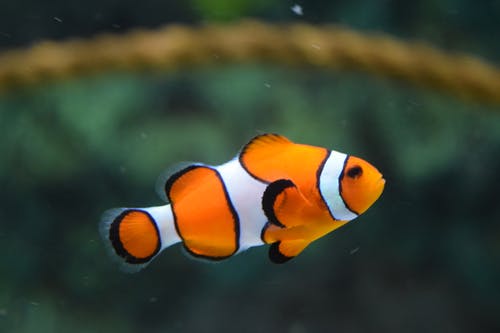As owners of pets, we all want our furry companions to be healthy and happy. We can ensure this by getting them vaccinated against dangerous diseases. Vaccinations have many important benefits, such as preventing the spread of diseases to people, complying with regulations, and saving money. Let’s explore the significance of vaccinating our dogs further.
Why Vaccines are Vital for Your Pet’s Well-being
Vaccines are crucial for your pet’s health because they protect against various illnesses. Here are the main reasons why vaccinating your furry friend is essential.
Keeping Dangerous Diseases Away
Vaccines are an excellent way to protect your pet against potentially fatal viral illnesses like parvovirus, rabies, distemper, and canine leukemia. Vaccines work by introducing a weaker form of the virus or bacterium responsible for the illness into your pet’s body. Hence, its immune system is prepared to respond by producing antibodies whenever exposed to the disease.
Preventing Disease Spread
Vaccines are increasingly important because some illnesses can be transferred from animals to people. For example, rabies is a highly contagious virus that can spread from animals to humans through contacts, such as a bite or scratch. Puppy shots against rabies can help prevent the illness from spreading to people.
Cost-effective in the Long Run
Although the initial cost of vaccinating your pet may seem expensive, it’s a wise investment in your pet’s long-term health. By avoiding costly diseases in the first place, you can save money on vet bills and medication. The cost and emotional toll of caring for a sick pet can be significant, so vaccines are a cost-effective preventive measure that can keep your pet healthy in the long run.
Protecting Public Health
Getting your pet vaccinated with advanced veterinary care benefits their health and helps protect other animals and people from getting sick by preventing contagious illnesses from spreading. This is especially important in places like shelters and dog parks where animals are near each other. By vaccinating your pet, you can help prevent the spread of illnesses that could harm the entire community.
When to Get Your Pet
Vaccinated Timing is crucial when it comes to pet vaccinations. Puppies and kittens should receive their first vaccinations between 6 and 8 weeks, followed by booster shots every 3-4 weeks until they’re 16 weeks old. Your pet will need booster shots every 1-3 years throughout their life, depending on the type of vaccine, to maintain protection. Consult with your veterinarian to develop the best vaccination plan for your pet.
Possible Risks
Vaccinations carry minimal risks, ranging from minor symptoms like fever, lethargy, and lack of appetite to potentially life-threatening ones like anaphylaxis and allergic reactions. However, the potential for adverse effects is much lower than the illnesses vaccinations are designed to prevent.
Your veterinarian can help you weigh the risks and benefits of vaccinating your pet. Vets also offer other services like advanced treatment and dental care. Try to visit this page for more information about it.
Conclusion
Vaccines are crucial for your pet’s health and safety, as they reduce the risk of severe illness, prevent disease spread, comply with regulations, save money in the long run, and protect public health. An appropriate vaccination schedule can help your pet live a long, healthy, and happy life. Speak with your veterinarian to get the best advice for your furry friend.






